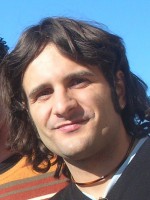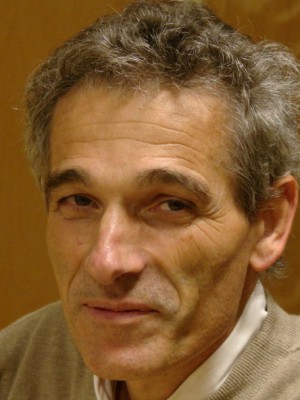abstract
The stability and reproducibility of the electric properties in n-type doped ZnO represent known bottlenecks towards potential thermoelectric applications. The degradation is promoted by the vanishing of the electronic defects on oxidation and irreversible exsolution of the phase impurities. This work proposes a microstructural mechanism showing that these processes take place mainly in the pores and highlighting the necessity for high densification of ZnO-based thermoelectrics to ensure more stable operation. The electrical performance was monitored at various temperatures, followed by a detailed microstructural analysis. The evolution of the electrical conductivity and Seebeck coefficient confirm that the degradation is related to a gradual decrease in the charge carrier concentration rather than to the effects suppressing their mobility. The results suggest that the donor exsolution may promote an increase or decrease of the power factor, guided by the self-optimization of the charge carrier concentration.
keywords
AL-DOPED ZNO; THERMAL-CONDUCTIVITY; OXIDE; STABILITY; CERAMICS; SOLUBILITY
subject category
Materials Science, Ceramics
authors
Arias-Serrano, BI; Mikhalev, SM; Ferro, MC; Tobaldi, DM; Frade, JR; Kovalevsky, AV
our authors
Groups
G3 - Electrochemical Materials, Interfaces and Coatings
G4 - Renewable Materials and Circular Economy
Projects
CICECO - Aveiro Institute of Materials (UIDB/50011/2020)
CICECO - Aveiro Institute of Materials (UIDP/50011/2020)
Collaboratory for Emerging Technologies, CoLab (EMERGING TECHNOLOGIES)
acknowledgements
This work was supported by the project CICECO-Aveiro Institute of Materials (ref. UIDB/50011/2020 & UIDP/50011/2020) and the project POCI-01-0145-FEDER-031875, financed by COMPETE 2020 Program and National Funds through the FCT/MEC and when applicable cofinanced by FEDER under the PT2020 Partnership Agreement. Sergey M. Mikhalev and David M. Tobaldi acknowledge the support of national funds (OE), through FCT - Fundacao para a Ciencia e a Tecnologia, I.P., in the scope of the framework contract foreseen in the numbers 4, 5 and 6 of the article 23, of the Decree-Law 57/2016, of August 29, changed by Law 57/2017, of July 19.







